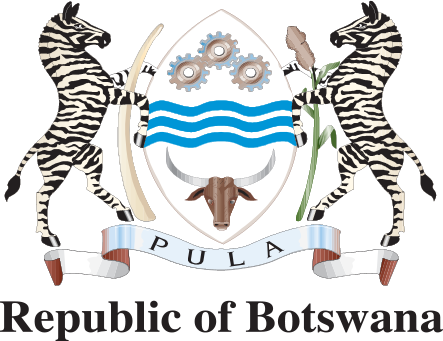Radiological Safety Inspections
Radiological safety inspections ensure the protection of workers, the public and the environment from the adverse effects of ionizing radiation. Inspections also measure the adequacy of the design and shielding of premises and provide an inventory of ionizing radiation sources in Botswana. The Radiation Protection Act, 2006, the Radiation Protection Regulations, 2008 and other international standards require routine inspections.
Statutory radiological inspections are scheduled and conducted by the Radiation Protection Inspectorate, however it is the responsibility of individual facilities to contract experts to conduct routine radiological safety inspections. In locations where expert contractors are not available the Radiation Protection Inspectorate can provide routine radiological inspections on a consultancy basis.
Facilities that are licensed in accordance with section 23 of the Radiation Protection Act, 2006.
The Radiation Protection Inspectorate determines the inspection schedule. Inspections may be announced or unannounced.
None.
Radiation Protection Inspectorate determines the inspection schedule. Inspections may be announced or unannounced. The inspections themselves vary from two hours in length to a week depending on the number of radiation sources to be inspected and the complexity of the tests to be performed.
Radiation Protection Inspectorate,
Unit B, Plot 132, Gaborone International Finance Park
The fees, payable by cash, cheque or adjustment voucher paid to the Radiation Protection Inspectorate are:
|
Safety assessment for authorisation |
BWP 250.00 |
Please note the fees listed above are stipulated in the Radiation Protection Regulations, 2008 and are reviewed annually.
Radiological Safety Inspections, ionizing radiation, radiation, radiation shielding, inspections, inspectorate,
Radiation, radiate, uranium, plutonium, lead, carbon, tritium, nuclear
